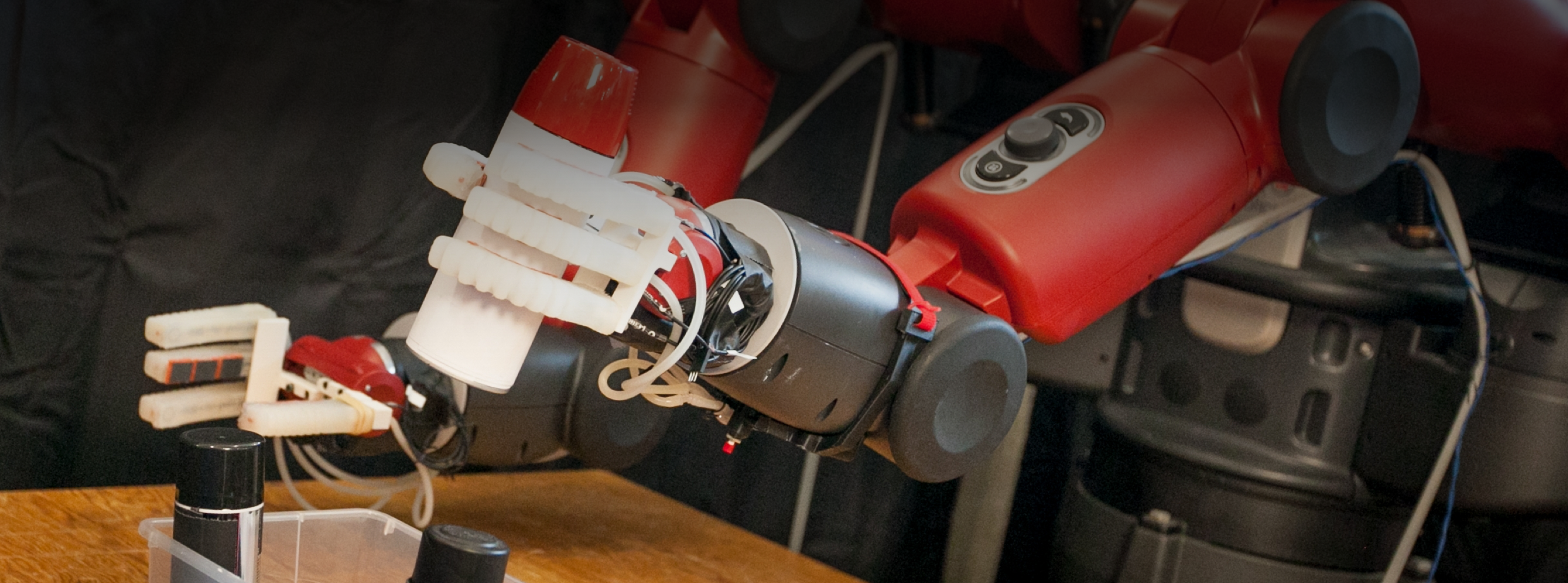You might call Marlyse Reeves an MIT “lifer” at this point having spent her entire academic career at the institution. Reeves initially studied aerospace engineering as an undergraduate before making her way to CSAIL.
Reeves took classes taught by Professor Brian Williams, which sparked her interest in the field of autonomous systems and robotics. Reeves wanted to get more expertise on the computer science side to round out her aerospace and systems thinking background. This eventually led her to working with Williams’ lab and the Model Based Embedded Robotic Systems (MERS) group at CSAIL.
Reeves’ research is focused on coordinating teams of autonomous agents to carry many tasks over a long period of time, untended by humans. She said she has been thinking about how we design a system that can actively learn about its environment, efficiently.
“When an autonomous system, like a UAV or a self-driving car, is operating in the world and encounters a new situation or problem that it does not have enough information to overcome, it must efficiently gather information and update its knowledge of the world to proceed with its task,” Reeves said. “This is challenging because the environment could be data-sparse and arbitrarily complicated.”
Reeves said the research in Professor Williams' group is driven by real-world applications and their collaborators span a wide range of industries.
“Professor Williams is skilled at identifying interesting new ways in which to apply our research to these domains,” Reeves said. “I have learned how to ground the research I do in real-world problems and tangible outcomes which motivates me in my work.”
The MERS group is varied in terms of research interests and expertise, according to Reeves, and her lab mates come from different departments across the institute. She said there are a lot of leadership opportunities within the lab due in part to the large size of the group.
“Professor Williams encourages me to step-up and take on more responsibility, helping to guide and shape various aspects of the group,” Reeves said. “I personally am passionate about outreach and Professor Williams and the rest of the group have been very supportive and dedicated to our service efforts.”
Reeves said AI is impacting our daily lives in the products we use, the way we communicate with each other, and how we work. The MERS group wants to create autonomy that allows systems to reason about their world, even complex, hazardous, and poorly characterized environments, according to Reeves.
“I see my research on intelligent autonomous systems having a significant, broader impact on foundational industries like energy, construction, and agriculture,” Reeves said. “These industries are large and slow to change but I think would benefit most from the robust systems that we are developing.”
Reeves grew up a “huge space nerd” in Los Angeles close to NASA’s Jet Propulsion Laboratory. She said JPL has been responsible for most of the robotic exploration of space in the last 50 years, though most systems sent to space are not very “smart” as they have little on-board autonomy and intelligence. Getting to space is challenging and expensive so autonomy has been historically considered as too risky, according to Reeves.
“I believe that autonomous systems are the key to exploring farther out in our universe, building systems that are capable of surviving and exploring unknown environments when communication with Earth is not possible,” she said. “The research we are doing in our lab with self-driving cars, autonomous ocean exploration, manufacturing, and energy production is demonstrating that these systems can be robust and risk-aware. Hopefully, one day these ideas will be adopted more broadly for science and exploration on earth and beyond.”
Reeves said she is driven by the real-world problems faced in industry, so she expects to work in industry upon the completion of her PhD.
“I have gotten the chance to explore a number of different industries through my work in the MERS group, but I’m not quite sure where I will land,” she said. “Eventually, long term, I see myself going back to aerospace, specifically space and planetary exploration. I hope to take what I have learned to push AI and autonomy in that domain.”

